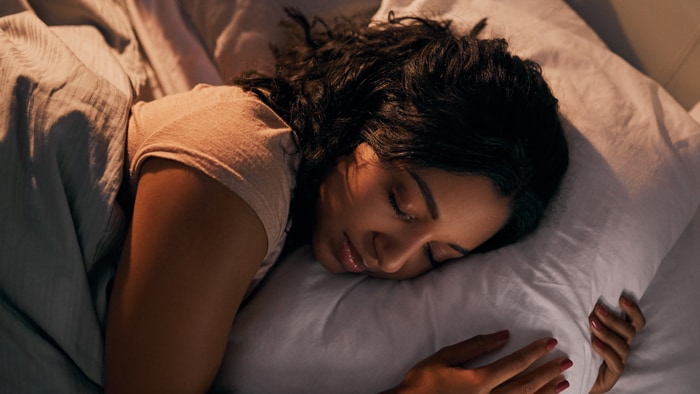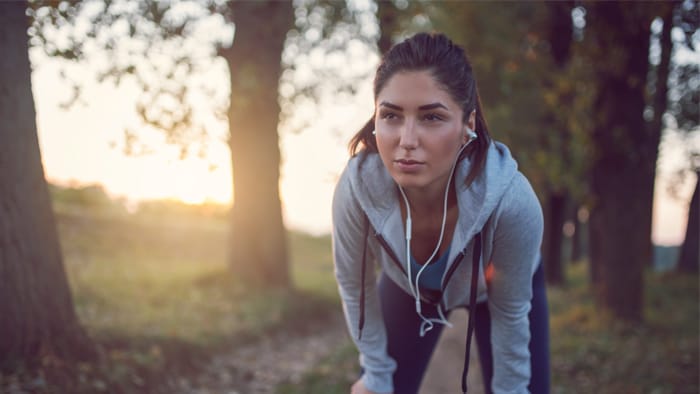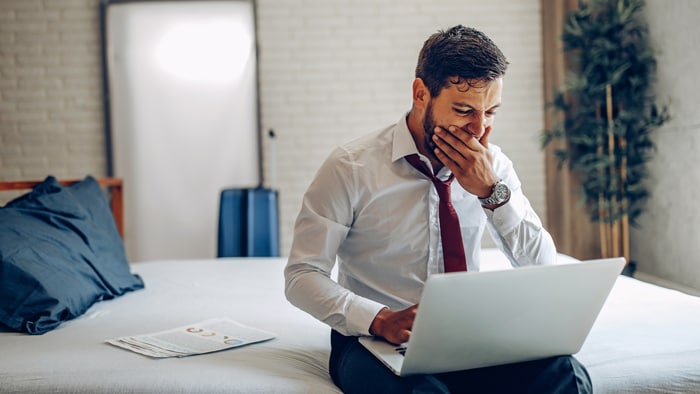Over-the-counter (OTC) sleep aids: helpful or harmful?
By Jennifer Nelson You’ve counted sheep, avoided caffeine and kept a regular bedtime routine but still have trouble sleeping. Is it time, then, to consider taking an over-the counter (OTC) sleep aid? Probably not, said Dr. Michael Gelb, a sleep disorder specialist based in New York and founder of The Gelb Center. OTC sleep aids are not a magic cure—they may be effective for an occasional sleepless night, but they should be used with caution. “I tend to advise against using them, for the most part,“ Gelb said. "I don’t think you are really addressing the problem.” Rather, he suggested, talk to your doctor about having a sleep study done—a lot of people have sleep issues and never really get treated, he said. “Ninety percent of sleep issues are undiagnosed, so it’s sometimes dangerous to throw a Band Aid at it when you haven’t diagnosed the real problem,” Gelb cautioned. While OTC sleep aids may seem helpful initially, most users build a tolerance to them. The longer a person takes them, the less likely they are to work. Plus, many leave users groggy the next day—also known as "the hangover effect.” Melatonin, a hormone that helps control the natural sleep-wake cycle, may be a better short-term alternative to reset the clock, Geld noted. Research suggests melatonin supplements might help in treating mild jet lag, reducing the time it takes to fall asleep and resetting the body’s clock. Common side effects include daytime sleepiness, dizziness and headaches. Valerian supplements, another natural alternative to OTC sleep aids, may reduce the amount of time it takes to fall asleep and promote better sleep. However, its potency can vary and side effects can include include headache, abdominal discomfort, excitability and heart disturbances. Sleep is always worse when you’re congested. For those with a cold or congestion, Gelb recommends natural products to open up the nose such as saline nasal sprays, neti pots or Breathe Right strips—all products found in health food stores. See your doctor or sleep specialist if your insomnia lasts more than a few weeks. “Insomnia is probably best treated behaviorally and cognitively,“ said Dr. Ross Levin, a sleep specialist in New York.



